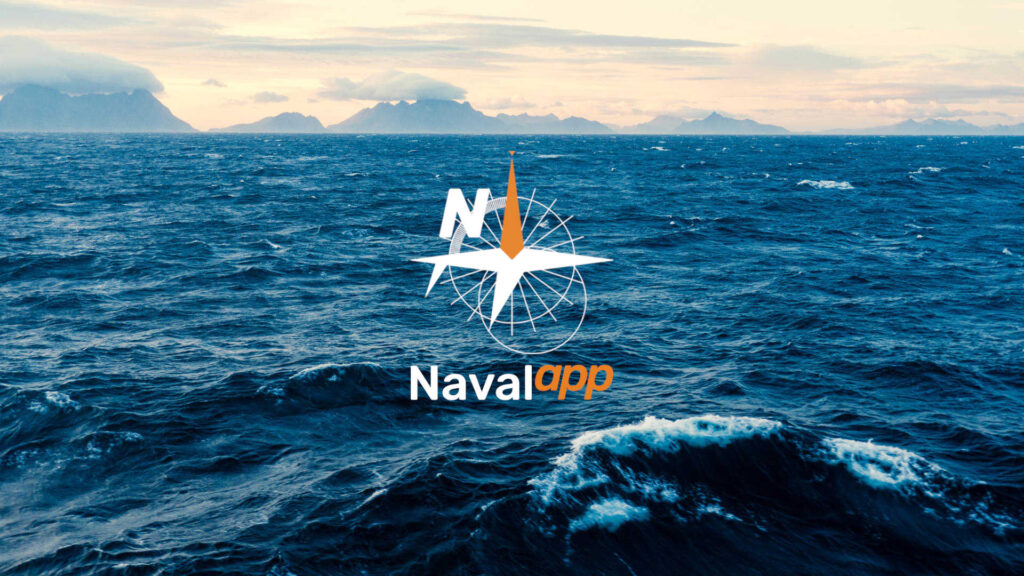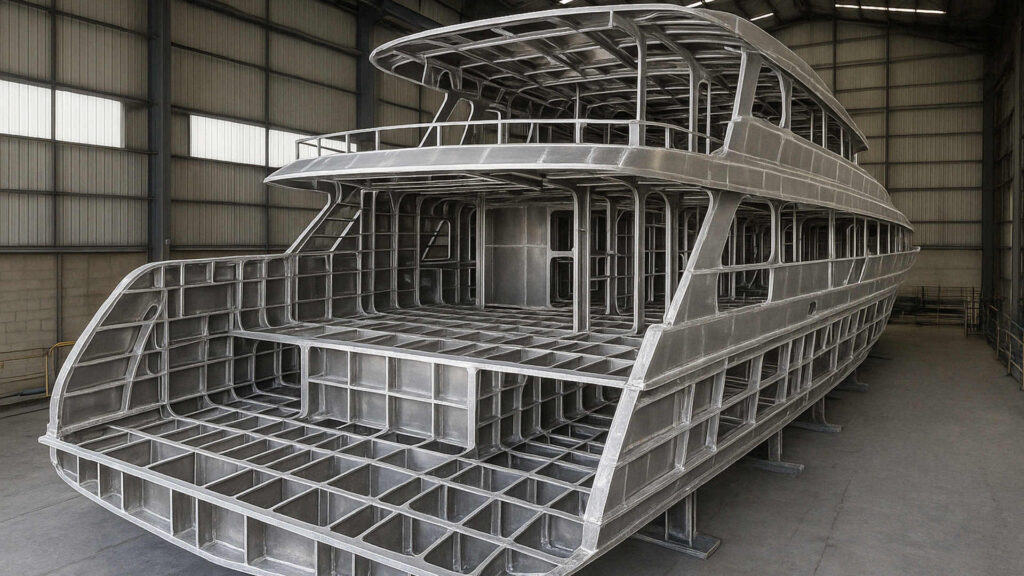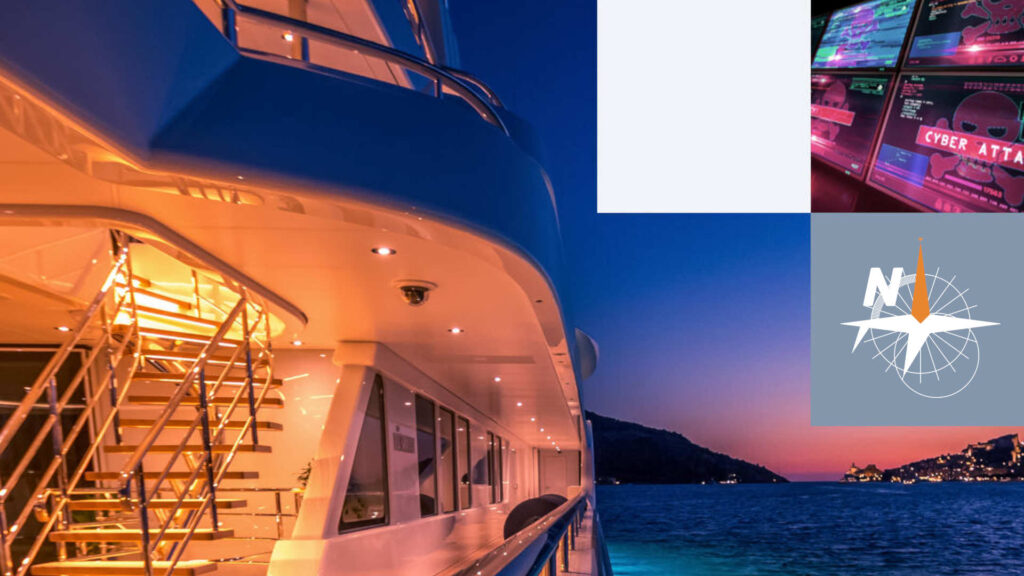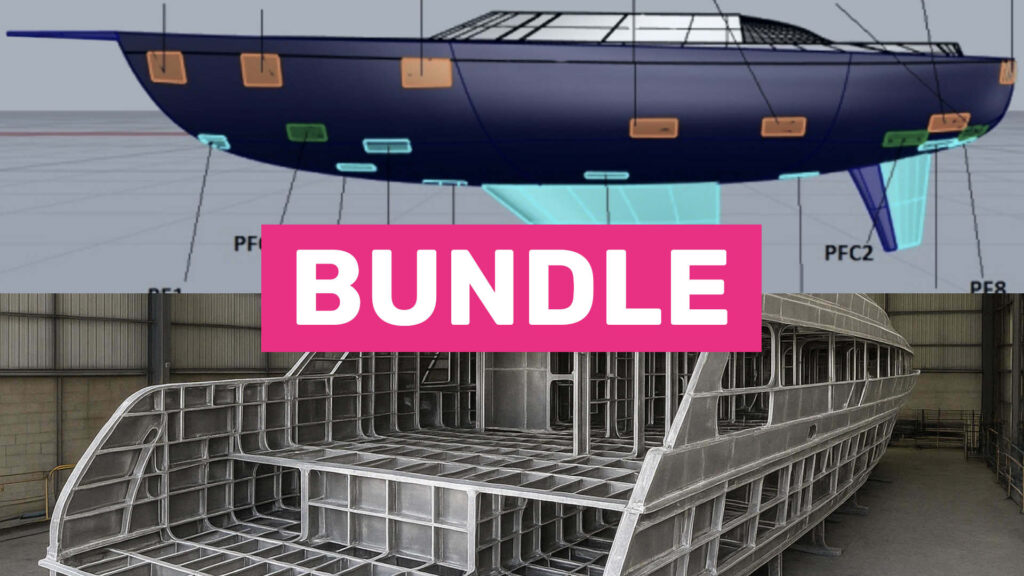Nuclear Propulsion
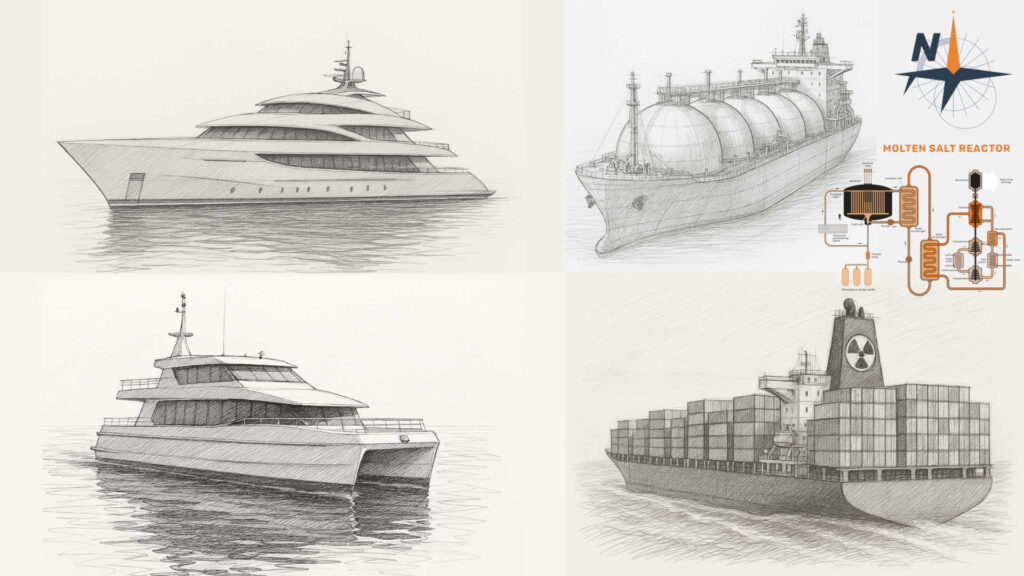
The International Maritime Organization (IMO) is committed to reducing global greenhouse gas (GHG) emissions from ships and aims to achieve net-zero emissions by 2050 or close to it.
Key areas of action include:
- Optimized Navigation (voyage optimization, fleet management, speed optimization, …)
- Power and Propulsion enhancements (wind-assisted, hybrid, … )
- Premium hull coatings
- Alternative Marine Fuels (bio-LNG/LPG, biofuels, full electric, methanol, ammonia, …)
In this regard, the Marine Environment Protection Committee approved the IMO Net-Zero Framework last week. The framework sets out compliance requirements and levels for ships, outlines mechanisms for balancing emission deficits, and introduces the establishment of a Net-Zero Fund.
We’re curious to hear your thoughts on whether the development and implementation of nuclear propulsion should contribute to the shipping industry’s decarbonization efforts.
In your view, should nuclear propulsion be considered a viable pathway to support the decarbonization of the shipping industry?
Choose your option:
A– Yes.
B– No. Nuclear technology for commercial shipping is unlikely to be ready in time to contribute within the required decarbonization timeframe.
C- No, due to environmental and safety concerns related to the operation of nuclear reactors on board.
D– No, due to environmental and safety concerns associated with the handling and storage of nuclear waste.
E– No, due to environmental and safety concerns related to both the operation of nuclear reactors and the handling and storage of nuclear waste.
Feel free to elaborate on your answer with any additional comments!



